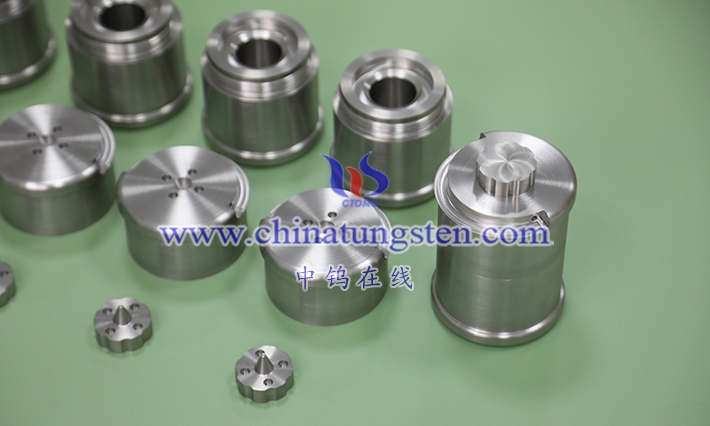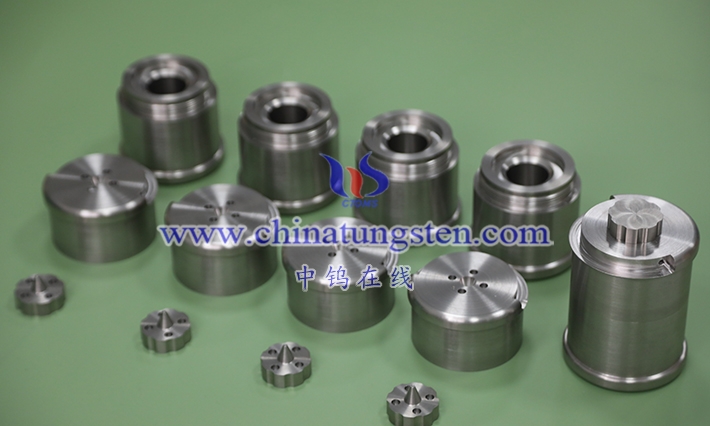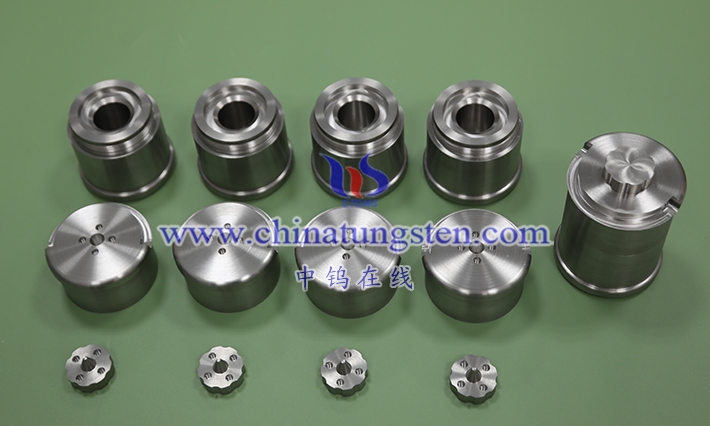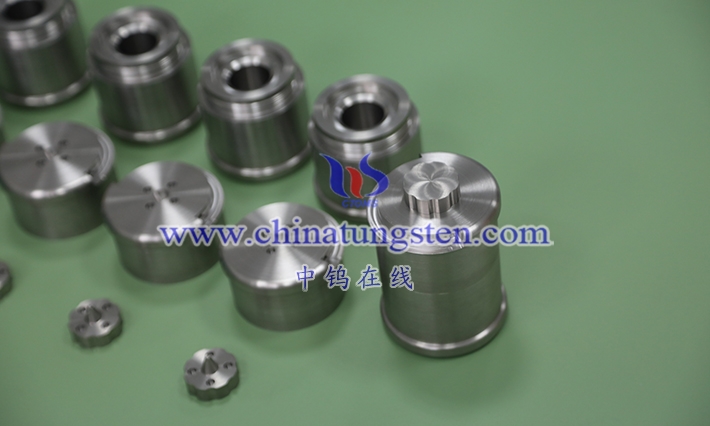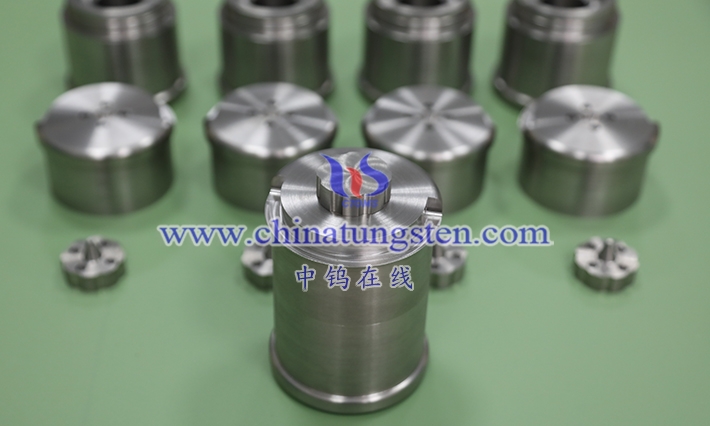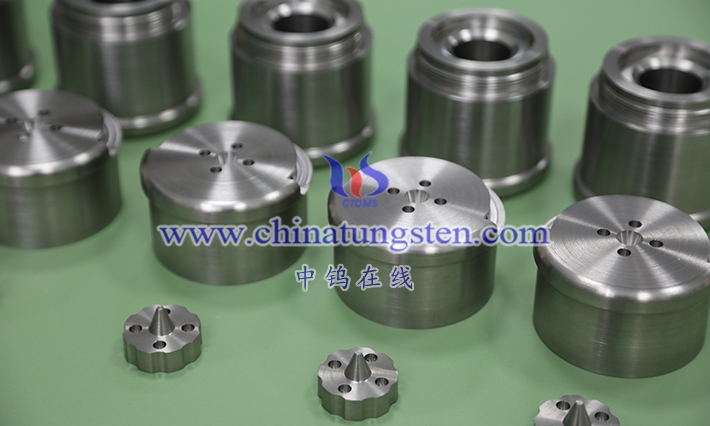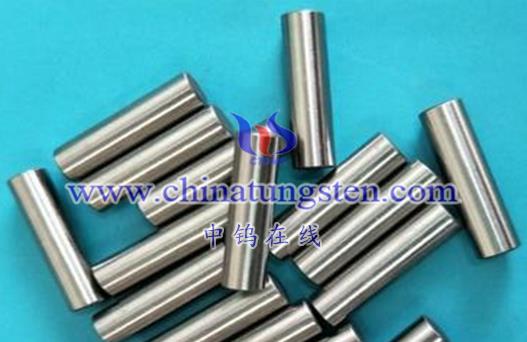
The performance of high-density alloys in electromagnetic fields mainly depends on their composition, microstructure and electromagnetic properties. Generally speaking, high-density alloys usually have higher electrical conductivity and magnetic permeability, which makes them perform better in electromagnetic fields.
Under the action of an electric field, the free electrons in the high-density alloy will be affected by the electric field force and generate an electric current. Since metal elements have high electrical conductivity, high-density alloys have better electrical conductivity and can effectively transmit electric current. This allows high-density alloys to be used as conductive materials in electronic devices such as connectors, terminals, circuit boards, etc.
Under the action of a magnetic field, free electrons in high-density alloys will be magnetized by the Lorentz force. Because metallic elements have high magnetic permeability, high-density alloys can effectively transmit magnetic fields. This allows high-density alloys to be used as magnetic materials in electronic devices such as electromagnets, transformers, generators, etc.
It should be noted that the electromagnetic properties of high-density alloys may be affected by a variety of factors, such as preparation process, heat treatment, impurity content, etc. In addition, the performance of high-density alloys in electromagnetic fields may also be affected by their internal microstructure and defects. Therefore, when designing and applying high-density alloys, it is necessary to comprehensively consider their physical and chemical properties as well as practical application requirements.
More details of tungsten alloy product, please visit website: http://tungsten-alloy.com/
Please contact CHINATUNGSTEN for inquiry and order of tungsten carbide:
Email: sales@chinatungsten.com
Tel.: 86 592 5129595
